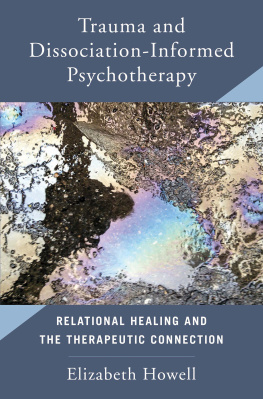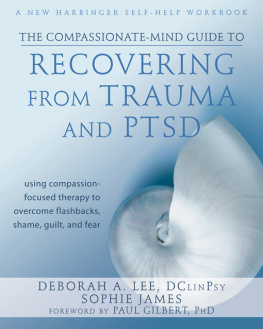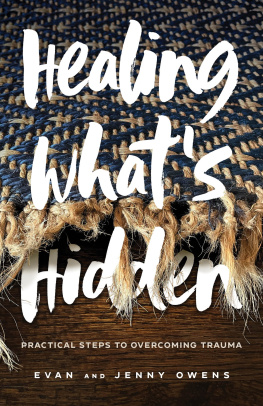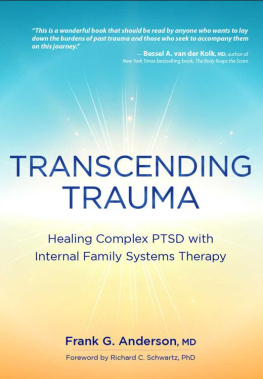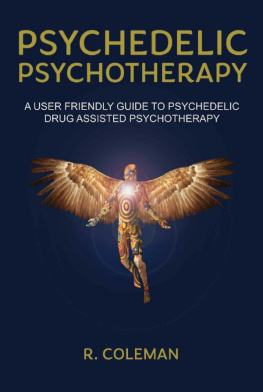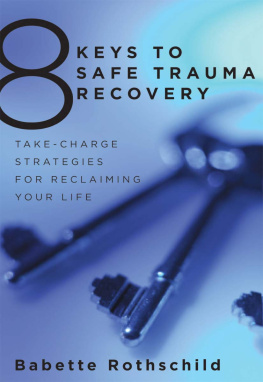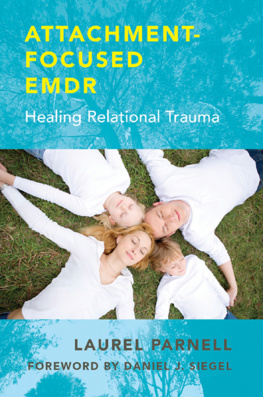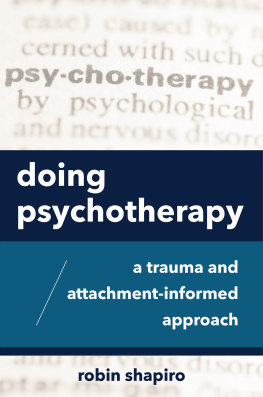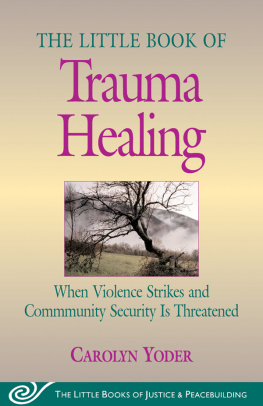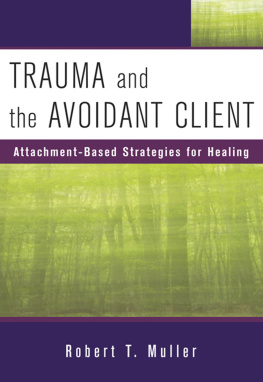Carolyn Spring - Unshame: Healing trauma-based shame through psychotherapy
Here you can read online Carolyn Spring - Unshame: Healing trauma-based shame through psychotherapy full text of the book (entire story) in english for free. Download pdf and epub, get meaning, cover and reviews about this ebook. year: 2019, publisher: Carolyn Spring Publishing, genre: Science fiction. Description of the work, (preface) as well as reviews are available. Best literature library LitArk.com created for fans of good reading and offers a wide selection of genres:
Romance novel
Science fiction
Adventure
Detective
Science
History
Home and family
Prose
Art
Politics
Computer
Non-fiction
Religion
Business
Children
Humor
Choose a favorite category and find really read worthwhile books. Enjoy immersion in the world of imagination, feel the emotions of the characters or learn something new for yourself, make an fascinating discovery.

- Book:Unshame: Healing trauma-based shame through psychotherapy
- Author:
- Publisher:Carolyn Spring Publishing
- Genre:
- Year:2019
- Rating:3 / 5
- Favourites:Add to favourites
- Your mark:
- 60
- 1
- 2
- 3
- 4
- 5
Unshame: Healing trauma-based shame through psychotherapy: summary, description and annotation
We offer to read an annotation, description, summary or preface (depends on what the author of the book "Unshame: Healing trauma-based shame through psychotherapy" wrote himself). If you haven't found the necessary information about the book — write in the comments, we will try to find it.
Unshame: Healing trauma-based shame through psychotherapy — read online for free the complete book (whole text) full work
Below is the text of the book, divided by pages. System saving the place of the last page read, allows you to conveniently read the book "Unshame: Healing trauma-based shame through psychotherapy" online for free, without having to search again every time where you left off. Put a bookmark, and you can go to the page where you finished reading at any time.
Font size:
Interval:
Bookmark:


Unshame: healing trauma-based shame through psychotherapy
Published by Carolyn Spring Publishing (Huntingdon, UK)
3 Archers Court, Huntingdon, PE29 6XG, UK
www.carolynspring.com
2019 Carolyn Spring
This book is in copyright. No reproduction of any part may take place without written permission.

To every human being who sits with another human being in their suffering and draws them into unshame.
Shame.
Everyone has it.
No-one wants to talk about it.
But the less we talk about it,
the more we have of it.
Bren Brown
I talk about shame.
A lot.
In fact, heres a whole book about it.
This is the story of my journey through psychotherapy over nine and a half years, and my struggle from a place of unremitting, crippling shame to a place where nowadays I speak and write about my shame, without shame.
Shame tells you its just you. That youre all alone. That you, uniquely in the universe, are irrevocably defective. This book will show you that youre not. And that its not just you. Its, at the very least, me too.
Each chapter stands alone and so you can read them in any order: theres no clear-cut narrative, and theres not meant to be, because therapy sessions dont unfold according to such a plan. I write in the present tense of the increasingly distant past. These are not verbatim accountstheyre narratively true rather than historically true: these sessions didnt happen exactly as I present them, and yet, in essence, they absolutely did happen. Isnt that true of all autobiography?
Its hard and its vulnerable to write like this. Im opening myself up to be shamed: to cruelty, sniggers, and supercilious put-downs. Ive had plenty already as my words have appeared on my website and via social media. I want to say that thats okay. But its not. When did it become acceptable for us as a society to become so snarky and cynical, shaming everyone who dares to be vulnerable?
Theres nothing I can do to stop people shaming me. All I can do is not let them stop me doing what I do. Thats what Ive discovered is the power of unshame: Im not perfect or sorted; Im not in such a state of numb imperviousness to rejection and hurt that peoples shaming doesnt affect me. But I carry on regardless; I keep doing what I value; and I keep on being compassionate to myself, especially when I need it most.
So this isnt a book by an expert on shame, who has it altogether. This is a book by someone who wrestles daily with shame, even now. My only qualification is that Im willing to vulnerable.
Because my motivation is to help peoplepeople like me whose lives have been ravaged by shame. If thats you, I want you to know that youre not alone, as shame suggests. I want you to know that youre not fundamentally flawed, irrevocably defective, or unworthy of love and belonging. You are a precious human being whose birthright is to be accepted, just as it is mine. Thats what this book is about: not a sterile journey through theory and therapeutic interventions. But the story of how I experienced humble, compassionate humanity for the first time, and how, as the antidote to shame, empathy changed my life.
To shift shame, we have to change our state before we change our story. Shame affects us deeply, at a neurobiological level. It puts us into the red zone, the freeze response of trauma. And we get stuck there, because the purpose of shame is to be a brake on behaviours that would otherwise threaten our survival in the group. Its hard to live life moving forwards when youve got the handbrake on.
But compassionate presencethe preverbal, indescribable and deeply primitive right-brain-to-right-brain regulation of one human being to anotheris what Ive found shifts our state. I didnt journey from shame to unshame by being talked out of it. Instead, again and again and again and again, I experienced the activation of my green zone: the ventral vagal circuit of my social engagement system. Every time I wanted to run and hide and dissociate because of shame, there was the therapist, drawing me back into green, regulating me with her deep, steady compassion, her empathy, her unwavering acceptance, despite all my shameful emotionality and trauma. This book captures a tiny glimpse of that. My regret is that I couldnt capture more, but how do you capture with words what is ineffable and wordless?
For me, shame manifested largely as a result of chronic and extreme childhood abusetrauma too terrible to name. But whilst not everyone has experienced trauma, every single human being has experienced shame. And so how ironic it is that, when we are in shame, we think that were the only one.
For me, the symptoms of shame and trauma resulted in a way of experiencing the world that is called dissociative identity disorder (DID), which Ive written about more extensively in my first book, Recovery is my best revenge. Dissociation is a creative survival strategy that allows us to cope with traumaand the shame inherent in traumaby separating off from overwhelming experience. Shame is endemic to DID. In shame, we hide because we feel fundamentally unacceptable: what greater hiddenness is there than hiding even from yourself, and experiencing the world as altered states of consciousness, alter personalities, dissociated parts? The shame-based strategy of not being me, because I believe I am too shameful and unacceptable as me, underpins the nature of DID.
Shame nearly killed me: I made a number of suicide attempts because I could not bear to be me. But somehowmainly as a result of the therapist in this bookI survived. And so in writing, I want to give thanks, not only to her, but to every therapist and every human being who offers hope and compassionate connection to those who need it. If someone hadnt believed in me, and believed in my inherent worth and value as a human being, I wouldnt be here to write these words.
Like her, many therapists and similar professionals give the inestimable gift of faith, hope and love to people like me: people who know the agony of living lonely amongst multitudes, always on the outside, never wanted, never good enough.
Ive written this book so that people like me will know that theyre not defective and flawed.
Ive written this book so that people like me will know that theyre not alone.
Ive written this book so that people like me will know that they are enough.
Because I am enough.
This is my journey to Unshame.
Carolyn Spring
April 2019
Shame. Its a familiar word and yet the more I think about it, the stranger it becomes. What does it mean? Where does it come from? How does it go? What is the point of it? Why does it even exist?
Id never even considered it before therapy. It was just a run-of-the-mill emotion: one that Id heard about, but never (so I thought) really experienced. I could grasp it at the level of embarrassmentrealising youve been wearing your top inside out all daybut beyond that I hadnt given it much thought. It was like hydrogen: all around me, part of my very being, and yet invisible and odourless. I had never paid it any attention whatsoever.
Font size:
Interval:
Bookmark:
Similar books «Unshame: Healing trauma-based shame through psychotherapy»
Look at similar books to Unshame: Healing trauma-based shame through psychotherapy. We have selected literature similar in name and meaning in the hope of providing readers with more options to find new, interesting, not yet read works.
Discussion, reviews of the book Unshame: Healing trauma-based shame through psychotherapy and just readers' own opinions. Leave your comments, write what you think about the work, its meaning or the main characters. Specify what exactly you liked and what you didn't like, and why you think so.

